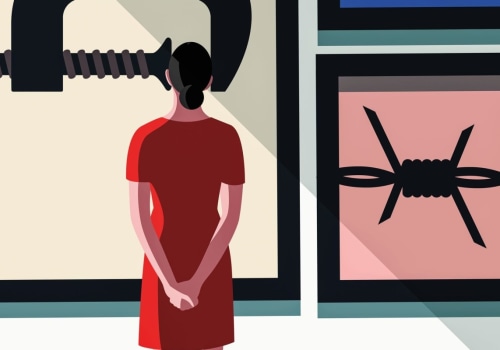Pain management doctors typically specialize in non-surgical approaches to address and alleviate chronic pain, utilizing methods such as medication, injections, and physical therapy. Surgical procedures are not usually within their scope of practice. However, in cases where surgery is deemed necessary, pain management specialists may collaborate with surgeons to ensure comprehensive patient care. If you're interested in expanding your healthcare skill set, CPR Certify4u offers essential CPR certification training. To learn more about CPR training and its various aspects, you can check it out here.
Doctors who manage pain are generally not trained to perform surgical procedures, although this is not always the case. These doctors specialize in finding the right treatments for the pain you experience, whether it involves pain injections, pain medications, or other treatments.
pain treatment
can begin with a primary care physician, basic pain relievers and physical therapy. However, for advanced pain management, you will be referred to a doctor who specializes in pain management.Pain management doctors are trained to treat pain gradually. Pain management specialists are doctors who specialize in diagnosing and treating pain. At Mount Sinai, our specialists bring a wide range of experience to pain management. Have experience treating headaches, neck pain, back pain, as well as pain in the arms and legs.
At the Pain Center, we understand that pain can affect not only a person's physical and emotional well-being, but also their ability to participate in daily activities, whether at home or at work. Our highly trained, board-certified pain management physicians are dedicated to relieving and managing this pain using a multidisciplinary approach. Our team works closely with patients and their families to help them lead active, productive and rewarding lives. With today's new and improved pain relievers, there's no reason for anyone to tolerate severe pain.
By treating pain effectively, you'll heal faster, have fewer complications after surgery, and you'll be able to return home and resume your normal activities sooner. What does a doctor who specializes in pain management do? These highly trained and highly specialized doctors diagnose conditions, coordinate treatment, and provide ongoing care for patients with pain. They work most often with patients with chronic pain who have experienced symptoms for three months or more. Let's take a look at how pain management doctors provide this level of care, what you can expect during your first visit, and how to find pain management doctors near you.
So what does a doctor who specializes in pain management do? Treat pain. But the complexities of pain make this a much more specialized area of health care than that simple answer suggests. Most doctors who manage pain treat primarily. That said, they can also treat patients suffering from temporary pain.
Your doctors and nurses will want to know how your pain relievers are working and if you are still in pain or not. What makes interventional pain management different is that it uses techniques, such as injections, radiofrequency ablation, and neuromodulation to directly address the source of pain. Walia, who is a board-certified anesthesiologist with specialized training in pain management, talks about several common topics that patients should be aware of. Of course, once you know you want to see a pain doctor, your first step will be to find one who can help you with your pain.
I went to physical therapy and it didn't help me I don't like needles, so I don't get any ejections, all I want is to get rid of this pain. After diagnosing pain, a pain management doctor will review the therapies available for your condition and look for the one that works best for you. A medical specialist in pain management is especially helpful in navigating the many new regulations and laws related to pain medications (more on that later). A pain management physician has completed an additional one-year fellowship in pain management after his general residency.
I have degenerative disc disease in my lower back and have been seeing a doctor for pain management. Unfortunately, due to back problems, my insurance changed and they don't accept my new insurance. Pain management doctors often ask if specific movements cause pain or if they describe pain during the exam. Making sure you stay in close contact with your healthcare provider and consulting with them before making any changes can help you stay safe and manage your pain.
There is also a group of doctors called PMNR (physiatry) who can get a pain management scholarship through their specialty. Great pain physicians will use interventional or pharmaceutical treatments along with complementary therapies. Walia, medical director of INTEGRIS Pain Management Clinic, regularly receives referrals for patients with pain problems who talk about not wanting to see a doctor who sells pain relievers. .
.







